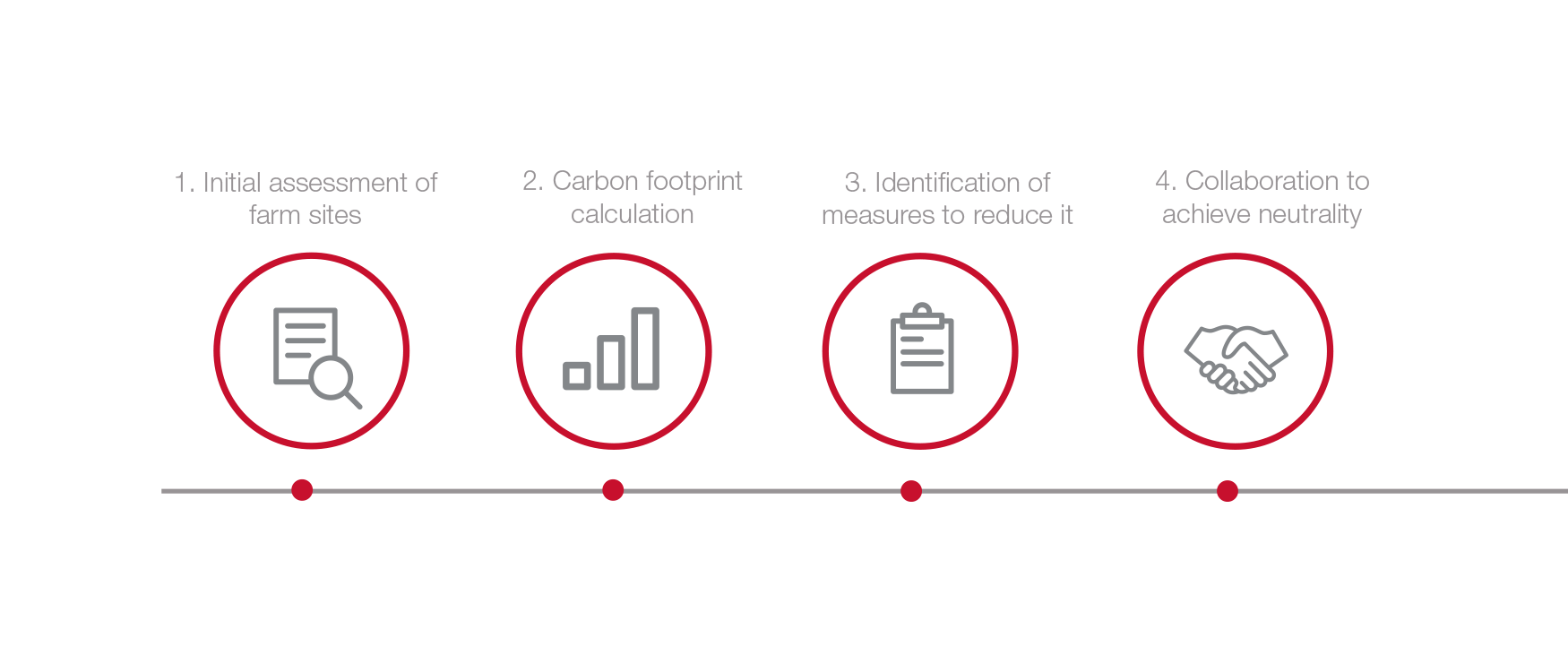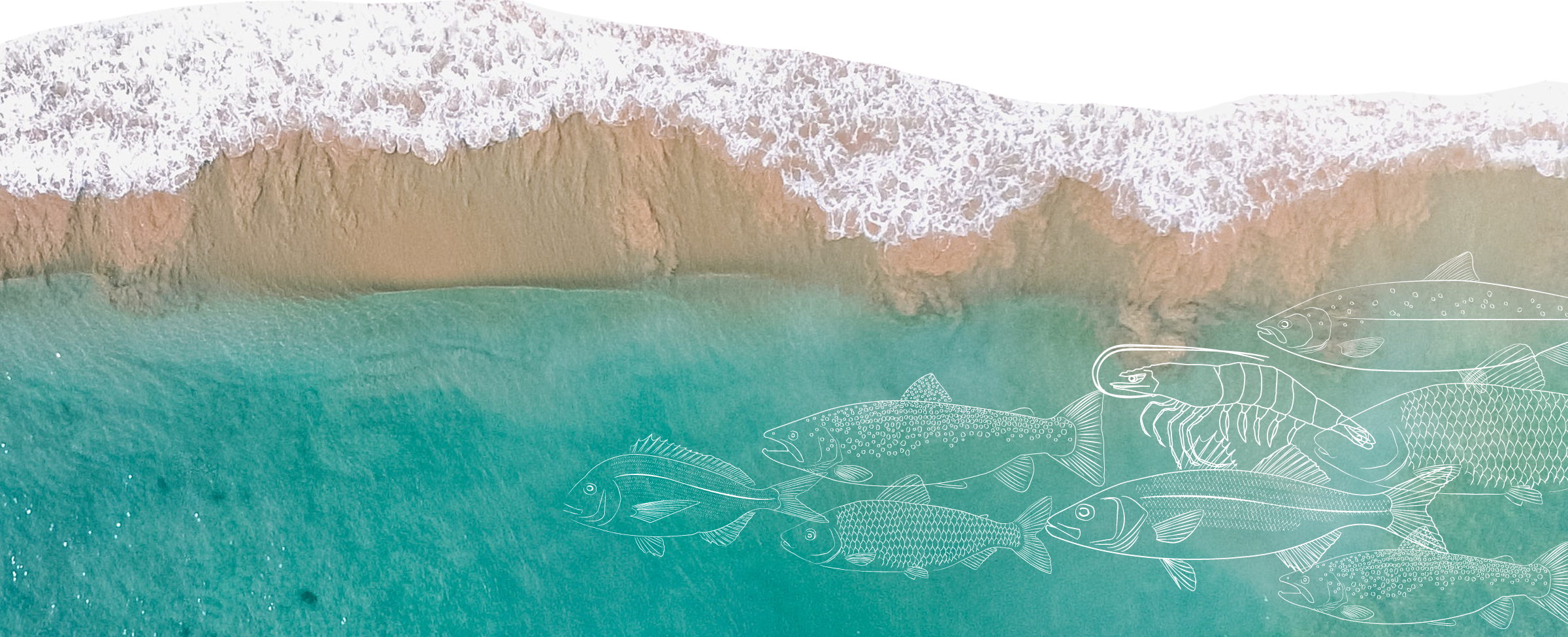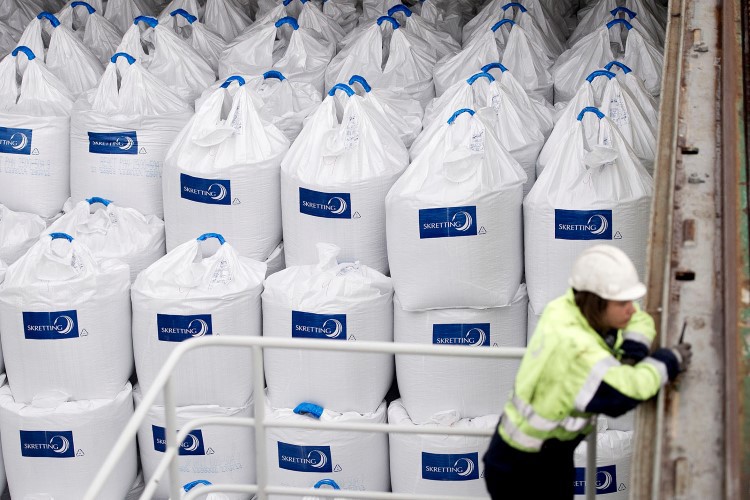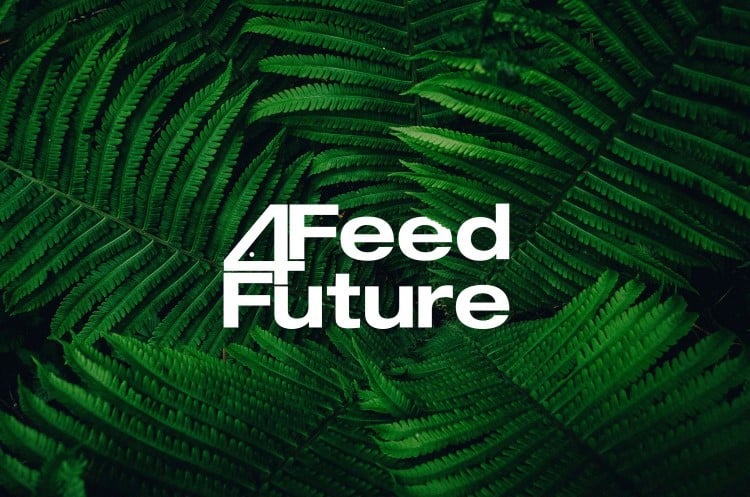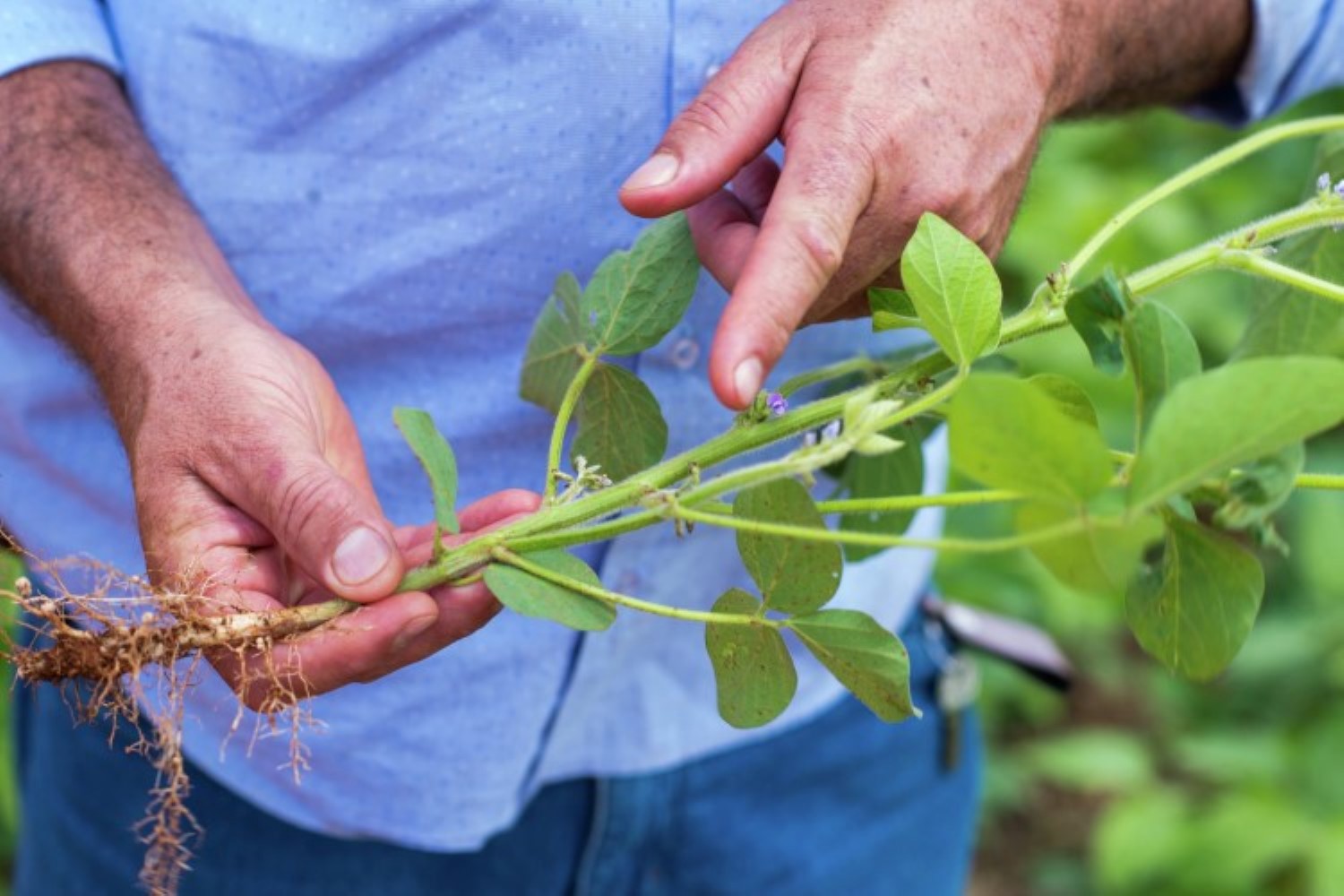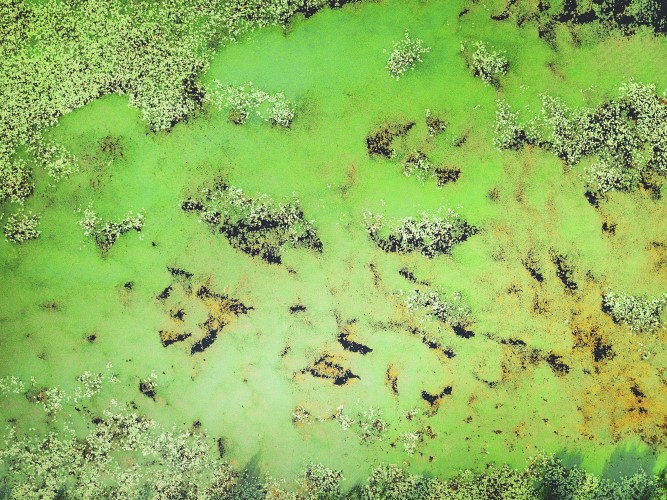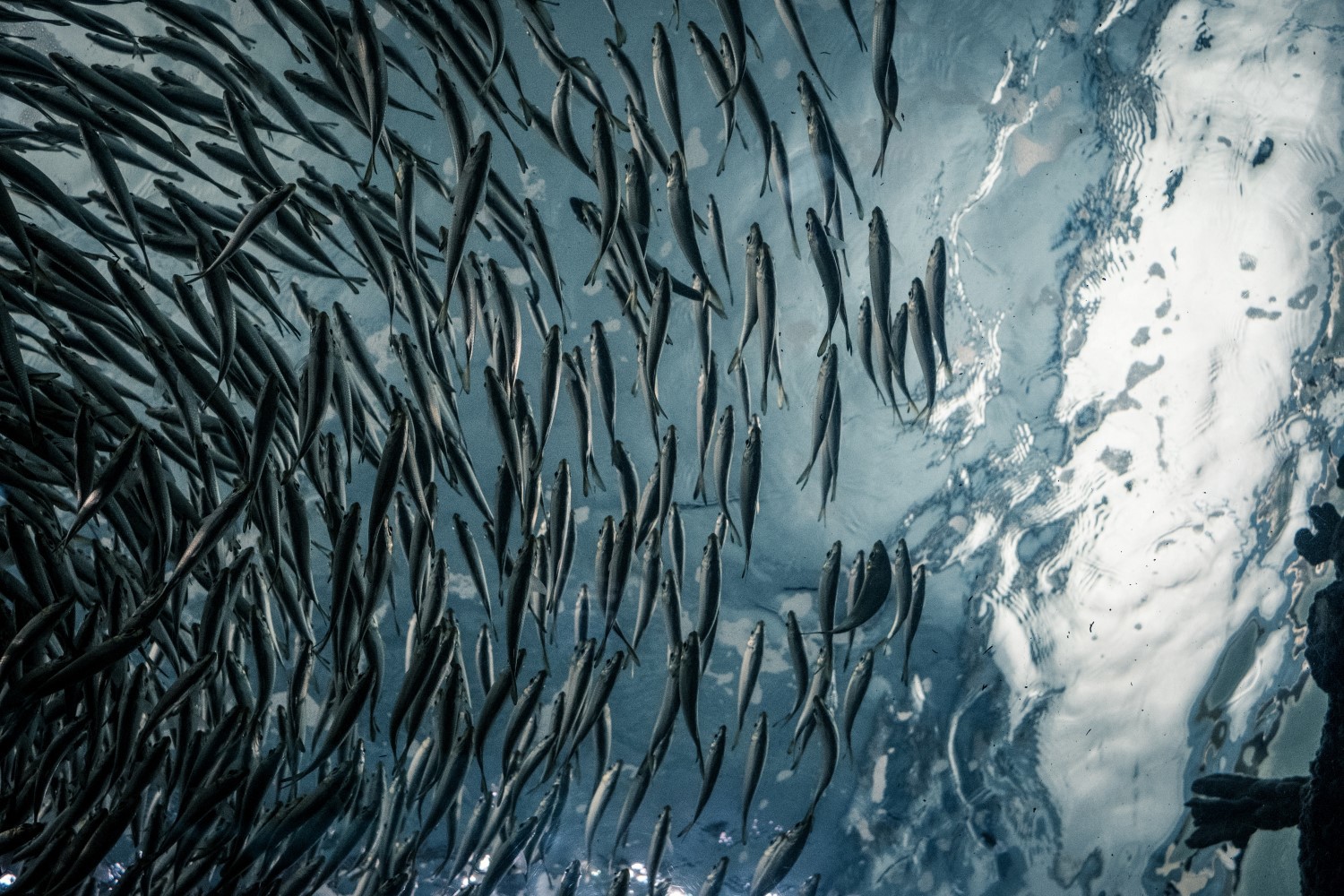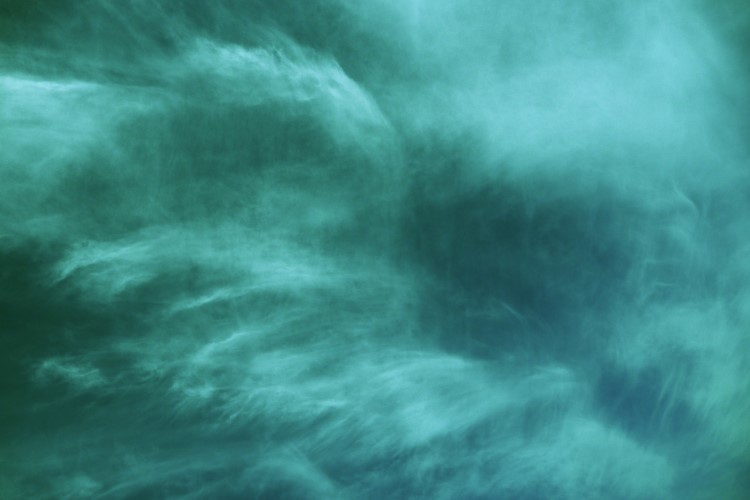
Skretting Italy initiates carbon neutral opportunities
With food production accounting for around a quarter of the world’s greenhouse gas emissions, carbon footprint reduction is one of the most effective ways that supply chains can address the climate change challenge. Recognising the considerable opportunity to minimise the CO2 emissions generated by the aquaculture feed production process and the fish farming sector, Skretting Italy launched new carbon neutral feed concept, Feed4Future, in 2020.
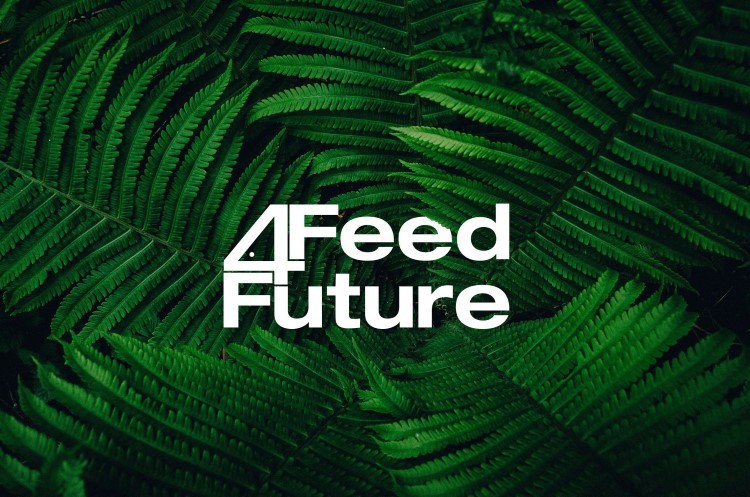
This first-to-market offering has paired Skretting’s extensive knowledge of the nutritional requirements of aquaculture species with sustainable, lower impact feed ingredients responsibly sourced from carefully selected suppliers. In utilising Skretting’s groundbreaking MicroBalance technology and incorporating innovative raw materials and high-quality by-products sourced from the food industry that don’t compete with human consumption, Feed4Future diets have a 10% lower carbon footprint than standard diets, with the remaining CO2 emissions compensated for by carbon credits*.
*Skretting CarbonBalance’s carbon credit scheme is related to the Agrocortex REDD+ (Reducing Emissions from Deforestation and Forest Degradation) project in Brazil.
Food production accounts for around a quarter of the world’s greenhouse gas emissions.
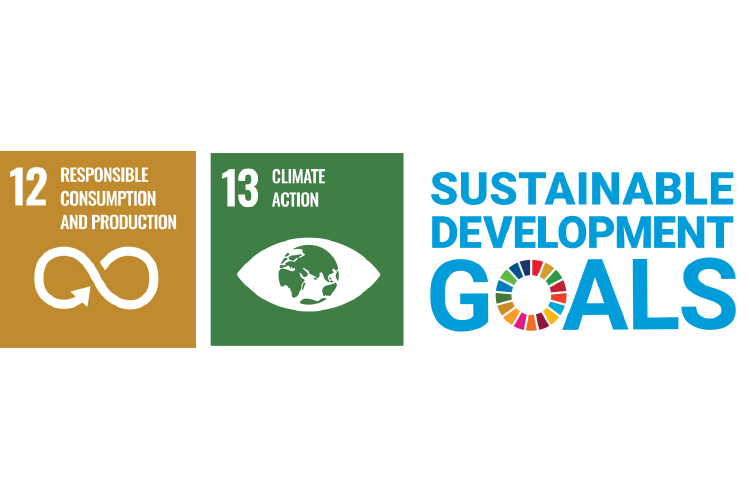
Skretting believes that with the spotlight on the impacts of food production, Feed4Future can take Italian aquaculture to new levels of sustainability. Specifically, with 80% of fish farms’ carbon footprint being related to feeds, its application means they are taking effective action against one of the most far-reaching issues facing our planet today – climate change. Furthermore, for those Italian producers looking to go a significant step further with fully carbon neutral fish farms, Skretting has developed CarbonBalance, a new programme supporting farmers and helping them achieve this ambition.
Following an initial assessment of each farm site, Skretting calculates the carbon footprint, identifies measures to reduce it, and then works together with those customers to achieve full neutrality. CarbonBalance also provides links to those third-party certification bodies that are already onboard with the programme, and offers support in communicating these actions to the market. Amongst other things, the communications element seeks to explain to broader audiences what makes these fish carbon neutral and the contribution they are making to sustainable, resilient food systems.
Overall, such a pro-planet approach provides the platform from which responsible fish farmers can enhance their product offering and establish stronger competitive advantages.
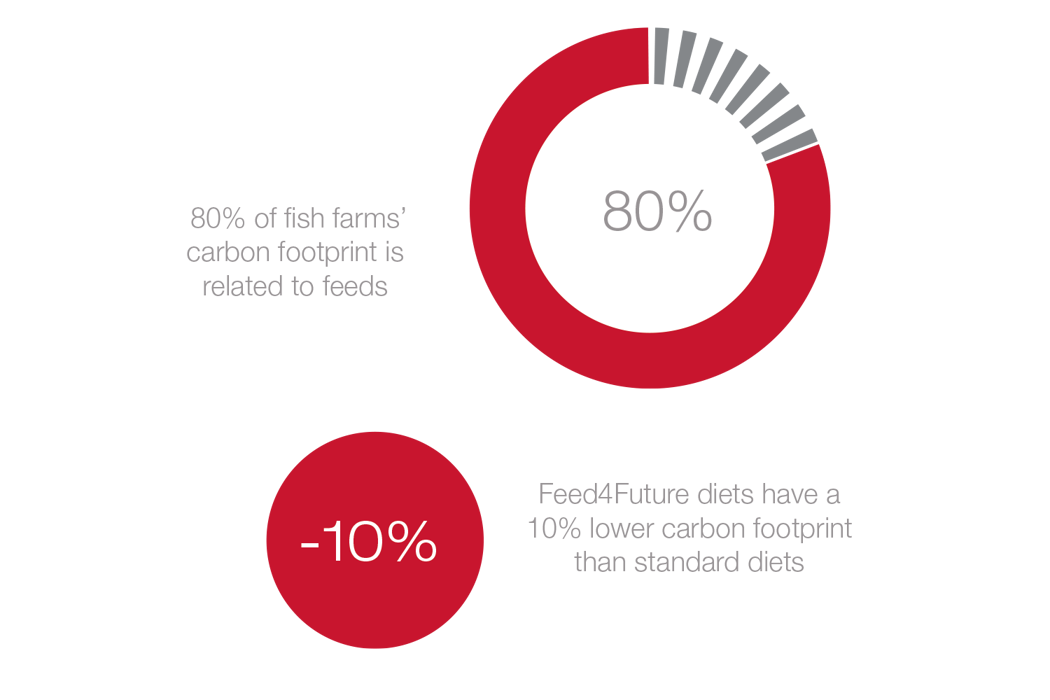
Skretting Italy’s carbon neutral offering is a follow-up of its successful “Acqua in Bocca!” customer engagement project. Launched in 2017, this ongoing project is designed to help the country’s aquaculture value chain develop an effective value proposition based on sustainability that meets market expectations and requirements.
